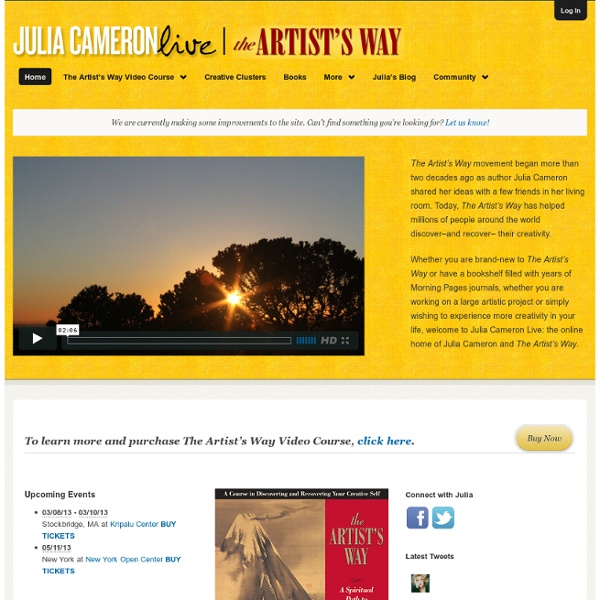Julia Cameron Live

Creative Writing Prompts | Creative Writing Prompts for Sci-Fi &Fantasy...
Posted by Melissa Donovan on April 5, 2013 · Fantastical creative writing prompts. In the world of creative writing, we’ve only begun tapping the possibilities in speculative fiction, a genre that includes science fiction, fantasy, paranormal, supernatural, horror, and superhero stories, as well as anything that ventures beyond known reality. Speculative fiction is an under-recognized genre: Academia and literary elitists traditionally haven’t given it much credence, although it has been gaining acclaim in recent years. But the genre’s fans are rabid. In fact, you won’t find a more dedicated group of readers anywhere else, which makes reading and writing speculative fiction a delight. Plus, it’s a lot of fun to step outside of reality and see just what your imagination can do. You can write about knights and dragons, spaceships and far-off planets, the apocalypse, ghosts, or strange islands with magical properties. The creative writing prompts below can be used in any way you want.
Related:
Related:



